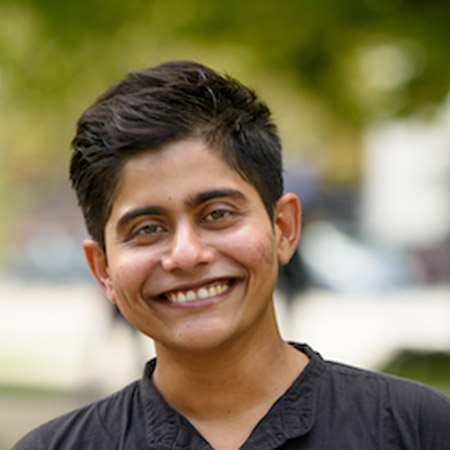Inclusive Sociotechnical Systems: Classification, Inequality, and Expertise
Megh Marathe
Assistant Professor, Michigan State University

Abstract: Classification –- placing an event, object, or person into a fixed scheme of categories –- is an everyday act (“tea or coffee?”) as well as an invisible force shaping every aspect of our society (“it’s a girl!”). This talk examines how classification amplifies or alleviates the exclusion of marginalized people in healthcare. Through the case of epilepsy, I show that reductionist classifications, i.e., decisions that prioritize technological evidence over complex patient circumstances, reinstate racist, classist, and ableist hierarchies. Doctors regularly circumvent such problems for individual patients, but the overloaded healthcare system provides little opportunity to do so. These findings advance our understanding of how experts navigate classificatory decisions and of technology’s role in amplifying inequality. They also highlight opportunities for designing systems that empower experts to work towards a more just society.
Bio: Megh Marathe is an Assistant Professor in the Department of Media & Information and Center for Bioethics & Social Justice at Michigan State University. Their research seeks to foster inclusion in expert practices and technologies by centering the experiences of marginalized people. Their work on the social context of technology in medicine and governance has been published at top human-computer interaction and science studies venues such as CSCW, CHI, Social Studies of Science, and Time & Society, and received awards from Microsoft Research, University of California, and University of Michigan.